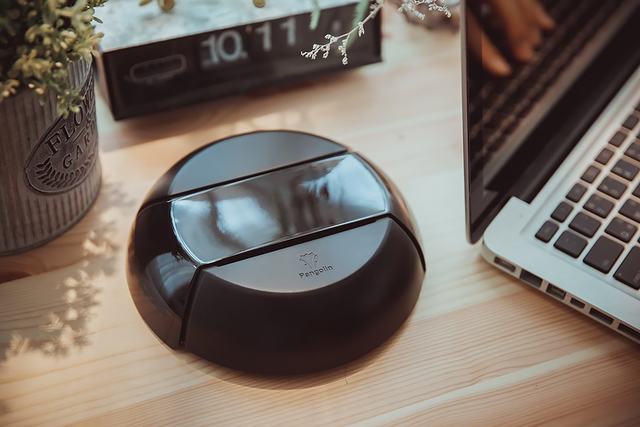Is it even possible to have protect our data privacy these days?
Because of the scandal with Cambridge Analytica, the world was clued into how badly one’s privacy can be invaded by a digital service that could take advantage of a large network like Facebook.
Facebook certainly isn’t the first service to have a data breach. It’s the one that’s raised the biggest red flags recently, but there have been many others.
In our search for convenience, we have willingly traded access to data about our online habits. This is the price that we’ve paid to be able to use search engines like Google, connect with family and friends on Facebook and Instagram, and use operating systems like Windows 10.
Some people may not feel like there could be a lot of harm involved, but there’s a reason that almost every digital service suddenly updated their privacy policies after Facebook’s scandal came to light. The danger to your data privacy is real.
In a world that is always connected, our data and all of our behaviors shape how corporations and, at times, government agencies deal with us. Before these companies even know who we are, they already know how we behave.
Some concerning examples include:
-
US telecommunications networks coming under fire for selling customer location information to third parties.
-
A family in New York being claiming that they were interrogated by police due to online searches about pressure cookers and backpacks.
-
A major retail chain revealing a teenage girl’s pregnancy to her family by sending mailers for baby clothes and cribs thanks to a predictive model.
-
Google losing a case against a businessman, who had to go through legal channels to force the removal of search results about a past conviction.
While these cases all happened in the US, everyone else around the world also has their data freely available to interested parties. This is why the European Union (EU) enacted the General Data Protection Regulation (GDPR) policy. A landmark measure, the GDPR states that any company or individual who processes data must clearly disclose any data collection activities, share how long data is kept for, and whether or not it’s being shared with any parties outside of the EU.
Because our online habits see us visiting sites from around the globe, it is unlikely that there will ever be one uniform policy that will ensure that our privacy is protected properly online.
However, there are some ways to help mitigate how much of information is shared:
-
Disable any app permissions on your Facebook account that you don’t need.
-
Use a browser, like Firefox, and use privacy add-ons.
-
Clear your browser cookies regularly.
-
Use a VPN.
-
Delete your search history regularly.
-
Log out of websites often.
-
If you are a Windows 10 user, turn off your advertising id, and prevent apps from accessing your information by going to your account settings. Turn off your sync settings as well.






